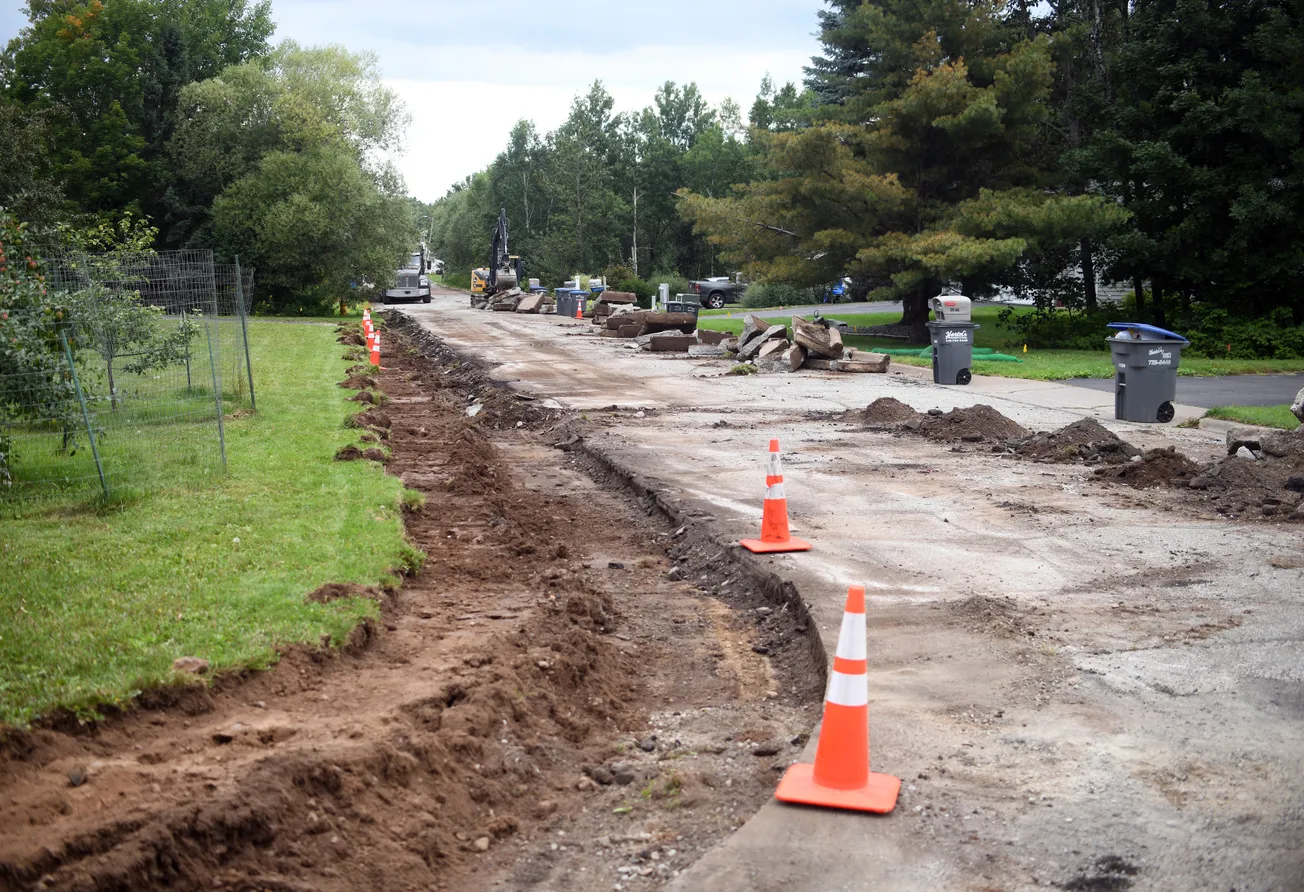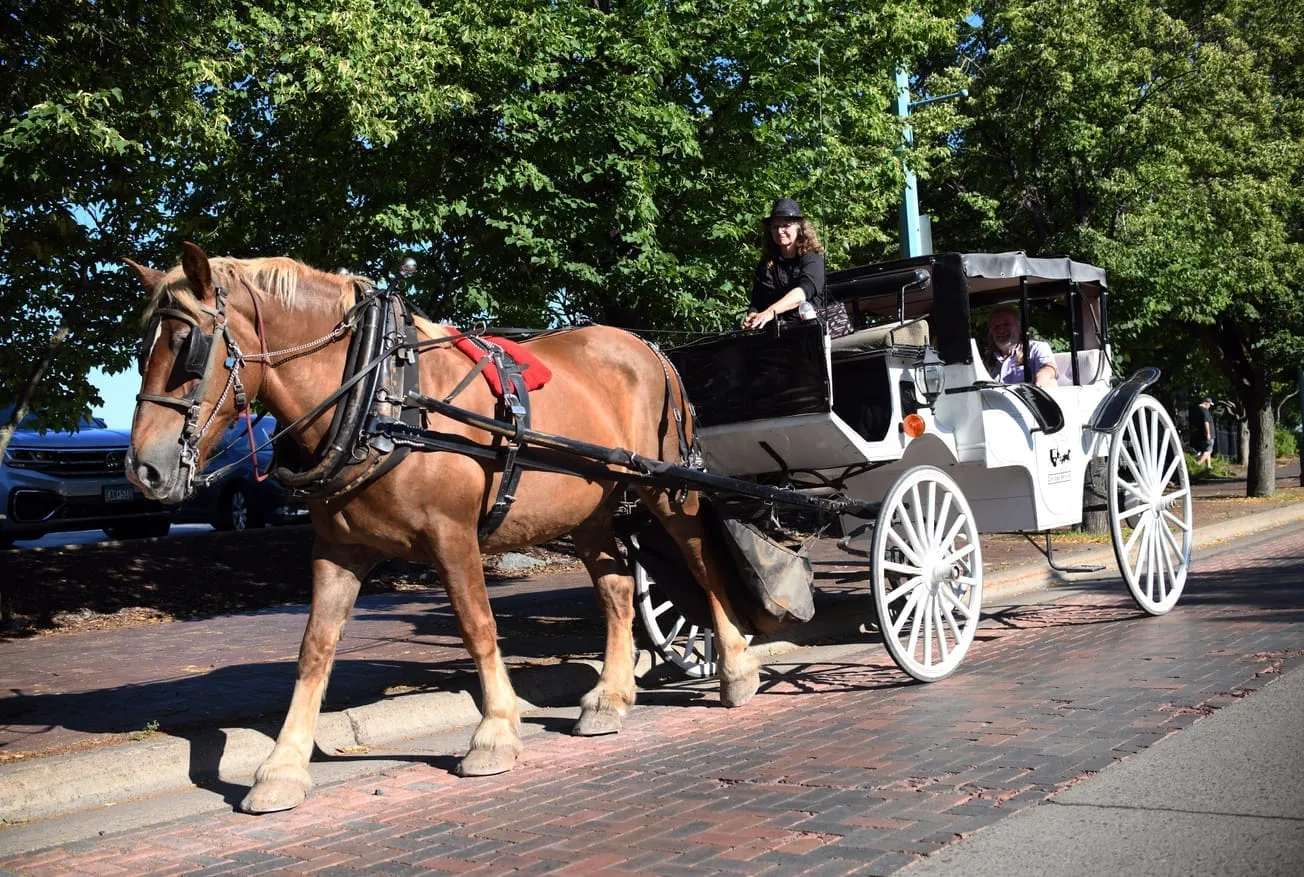The HowieHanson.com is powered by Lyric Kitchen · Bar
Duluth Mayor Roger Reinert on his 2026 City of Duluth budget proposal, which he will present to the City Council tonight:
“Each September the City Council must set the 'maximum property tax levy' for the coming year. This defines the ceiling for what Duluth taxpayers could be asked to contribute to general fund operations, making it one of our most important annual decisions. After reviewing the City’s finances, community needs, and individual economic realities, I have proposed a 2.7% inflation-only maximum levy for 2026.
That figure isn’t random. It matches the Consumer Price Index (CPI) for the trailing 12 months ending July, 2025. Tying the levy to CPI acknowledges the very real rising costs of delivering services while also recognizing the economic pressures facing our residents and businesses.
This follows last year’s 0% levy increase, which was the first flat levy in a decade. We achieved that by holding the line internally and benefiting from nearly 2% new growth in our tax base. But looking ahead, we face projected deficits of $7.3 million in 2026 and $5.4 million in 2027, driven mainly by higher labor and material costs for essential services like police, fire, parks, libraries, streets, and infrastructure.
Until last year, Duluth’s levy had increased at an average of 9% annually for a decade. Combined with rising property values many residents, especially seniors and those on fixed incomes, are finding Duluth increasingly unaffordable. It’s not uncommon for tax bills to have doubled in that 10-year period. Some are literally being taxed out of their homes.
If we relied solely on taxes to balance the budget residents would face a 17% levy increase in 2026 and 10.5% in 2027. By holding to an 'inflation-only' levy we are committed to the difficult but necessary work of setting core service priorities, improving internal efficiencies, phasing out legacy functions, and inviting residents, businesses, and non-profits into community partnerships.
We must also look beyond Duluth’s municipal tax base. As a regional hub thousands from surrounding communities work, study, and recreate here daily. Now is the time for Duluth, Hermantown, Proctor, Rice Lake, and St. Louis County to discuss expectations for services and explore more regional approaches to funding them. None of us can afford to just continue doing what we’re doing.
My responsibility as Mayor is to safeguard core services while ensuring the tax bill for Duluthians remains affordable and sustainable. An inflation-only levy strikes that balance. I encourage you to share your support with the City Council. Together, we can ensure Duluth’s budget reflects both fiscal responsibility and the economic realities of those who call our community home.”







